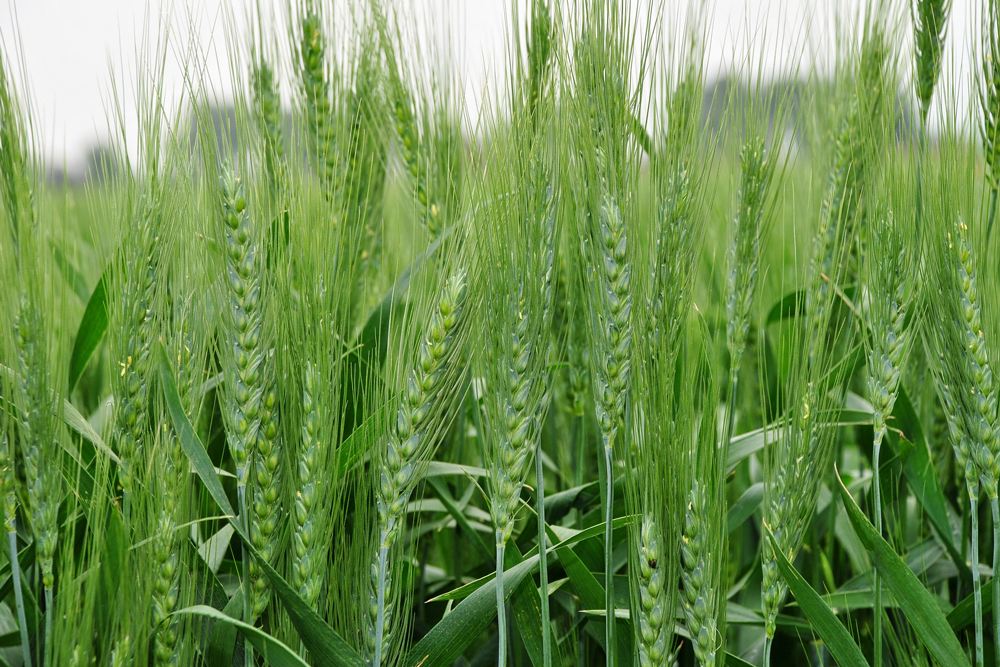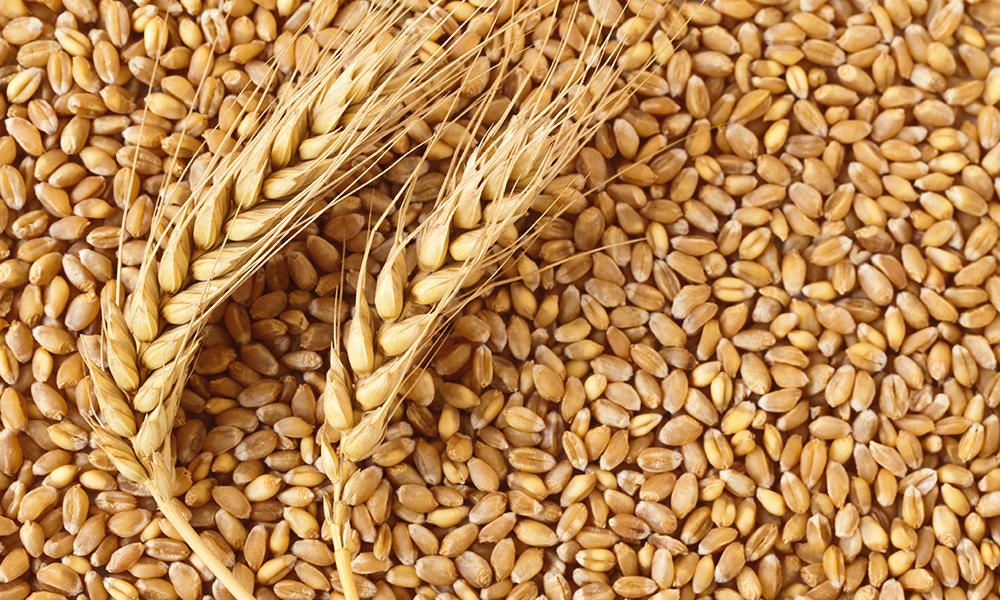 Tamoor-ul-Hassan, Asghari Bano
Tamoor-ul-Hassan, Asghari Bano
Department of Plant Sciences Quiad-i-Azam University, Islamabad 45320, Pakistan
Key words: PGPR, L-tryptophan, nutrient uptake, salt stress, Bacillus cereus.
Abstract
During the present study Pseudomonas sp and Bacillus cereus isolated from rhizospheric soil of halophytic weeds of Khewra salt range were used as bioinoculant on wheat. Aqueous solution of tryptophan was added to the rhizospheric soil @1ug/L after seed germination. Experiment was conducted at Quaid-i-Azam University Islamabad in pots under sterilized condition. Electrical conductivity (EC) was maintained to 3.7 dsm-1 by applying 150mM NaCl twice (after 7 and 14d of seed germination). PGPR inoculation significantly decreased EC, pH, SAR, Na, and Cl contents and improved K, Ca, Mg, Fe, P, NO3 and organic matter contents of the rhizospheric soil.  Tryptophan addition assisted the PGPR to further decrease the EC, SAR and improved nutrients uptake and growth. Tryptophan augmented the PGPR-induced increase in fresh weight, chlorophyll, proline and sugar contents. Superoxide dismutase and peroxidase activities of leaves of inoculated plants were also higher in the presence of tryptophan. Greater production of abscisic acid and Indole acetic acid were recorded in leaves of PGPR inoculated plants and addition of tryptophan augmented the phytohormone production in leaves of treated plants. Inoculation of PGPR alone and with tryptophan positively affected the yield of crop by improving seed establishment and number of seeds/spike.
Tryptophan addition assisted the PGPR to further decrease the EC, SAR and improved nutrients uptake and growth. Tryptophan augmented the PGPR-induced increase in fresh weight, chlorophyll, proline and sugar contents. Superoxide dismutase and peroxidase activities of leaves of inoculated plants were also higher in the presence of tryptophan. Greater production of abscisic acid and Indole acetic acid were recorded in leaves of PGPR inoculated plants and addition of tryptophan augmented the phytohormone production in leaves of treated plants. Inoculation of PGPR alone and with tryptophan positively affected the yield of crop by improving seed establishment and number of seeds/spike.
Get the original articles in Source: Volume 4, Number 2, February 2014 – IJAAR
Journal Name: International Journal of Agronomy and Agricultural Research (IJAAR)
Published By: International Network for Natural Sciences
Related Post: Proximate composition and some physical attributes of three mango (Mangifera indica L.) fruit varieties – IJAAR
